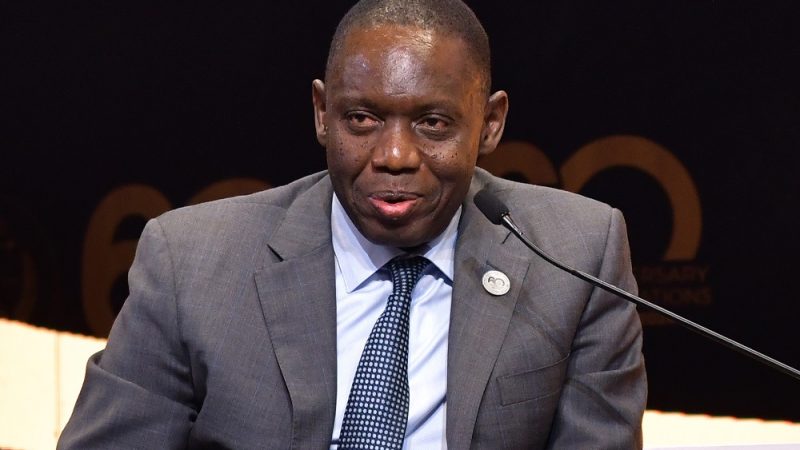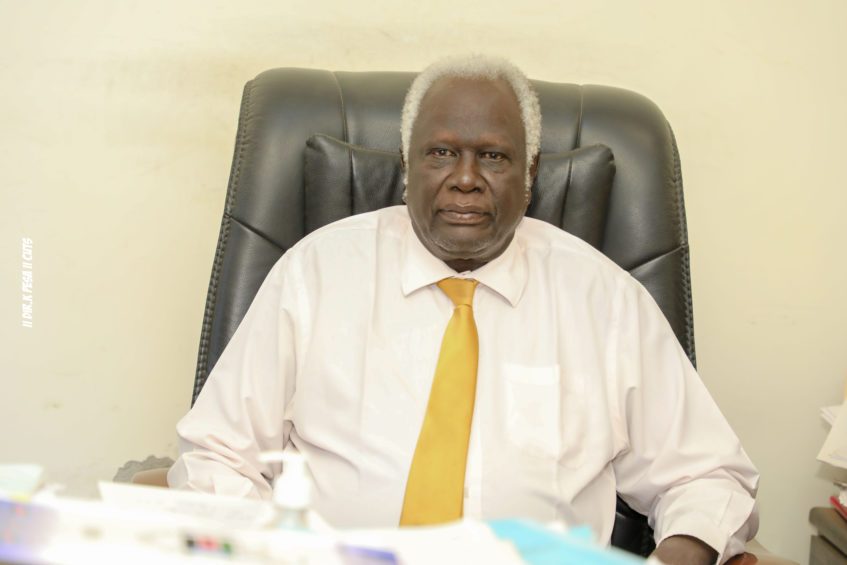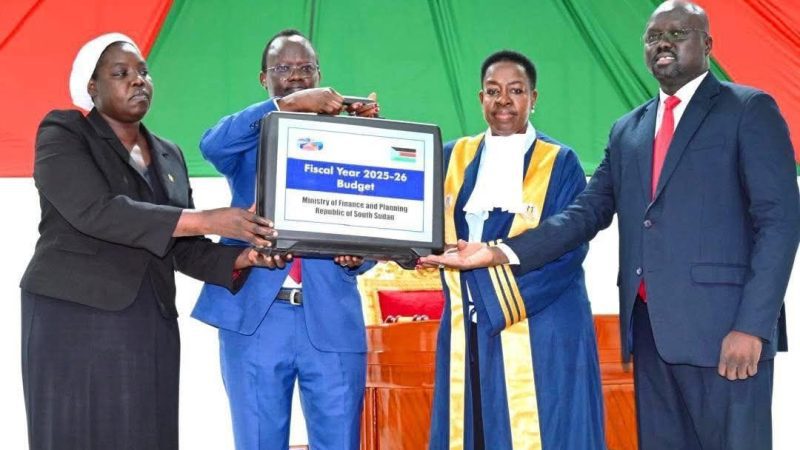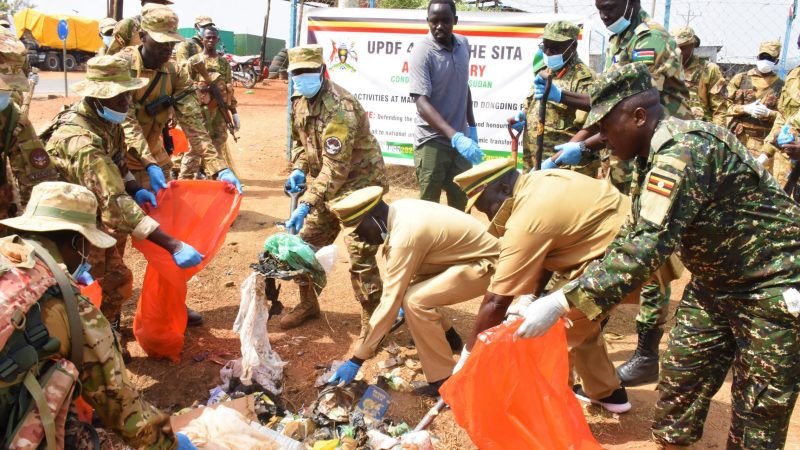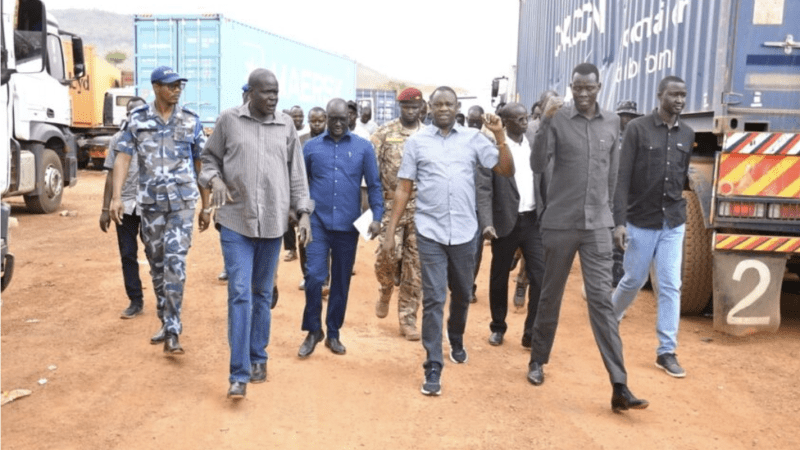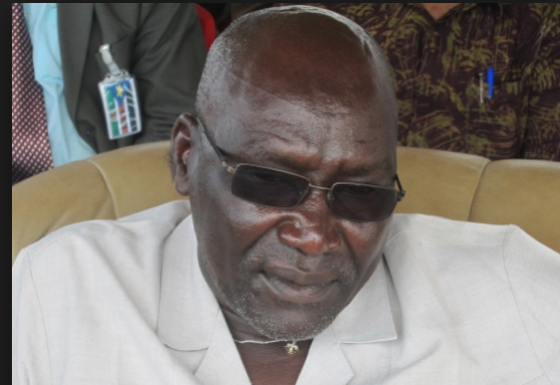South Sudan ex-army chief of staff, General Paul Malong Awan on has claimed he was pushed into rebellion after all attempts to reconcile him with President Salva Kiir and his entire administration failed.
“Every attempt, both public and private to engage the Kiir’s regime towards peace has been flatly manipulated by regime apologists and those who spearhead the peace effort put on the hit list. Anyone who mentions the need for peaceful engagement is branded an enemy of the state and is targeted for extra-judicial assassination”, Malong said in a statement.
On Monday, Malong announced the formation of the South Sudan United Front (SSUF), a new opposition party, which he claimed was the only means through which he would work with compatriots to “arrest the carnage” in the country.
“Our movement is a just and urgent call to our compatriots and a struggle to first arrest the carnage that has befell our country and secondly to steer us towards democracy and development, which are the cornerstones of nationhood, an African nationhood of democracy, development, equal citizenry, justice and freedom”, he said.
He accused Kiir of building a nation where total impunity is the order.
“Our movement seeks to reverse this. We must build our nationhood around strong institutions and not strongmen. Strong institutions will outlive all of us and guarantee the prosperity of our nation. This is what we yearn for in our country”, stressed the ex-army chief.
Malong said his new rebel group would strive towards fighting what he described as “systemic corruption, stop the ongoing carnage, steer the country toward democracy, justice, equality and freedom.”
He also vowed to respect the cessation of hostilities agreement signed in December last year by the various warring parties and he urged the regional bloc, Intergovernmental Authority on Development (IGAD), to allow his new group to be part of the high-level revitalization forum meeting scheduled April 26 in Addis Ababa.
In February this year, the European Union imposed sanctions on Malong and three South Sudanese officials implicated in human rights violations and obstructions of their country’s peace process.
Relations between Awan and President Kiir deteriorated after the former was sacked from his post as army chief of staff in May 2017 and placed under house arrest for fear he would start a rebellion.
The ex-army chief was freed in November following mediation led by the Jieng Council of Elders. The agreement refrained him from going to his home-town of Aweil in Northern Bahr el-Ghazal state but was allowed to travel to any East Africa country.
REPORT/SUDAN TRIBUNE


